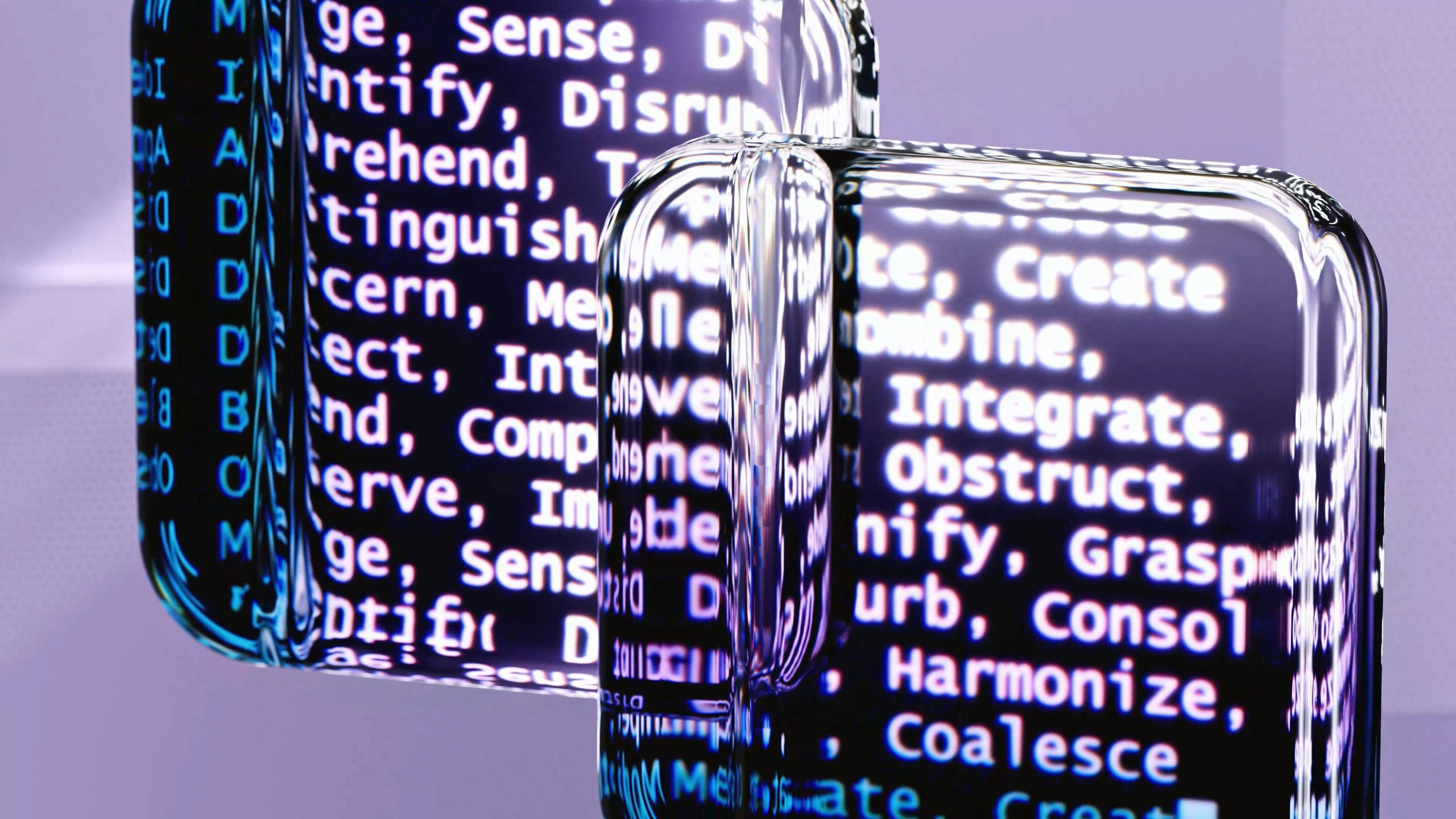If AI can now mirror emotion & outlive you.. is it a tool?
When Does AI Become an Extension of Ourselves? Exploring the Boundaries of Human-Machine Integration
As artificial intelligence continues to advance, it’s reshaping our understanding of digital tools and their capabilities. Recent developments have shifted the conversation from simple automation to something far more profound: AI systems that can emulate human emotions and potentially outlive their creators. But what does this mean for the nature of these technologies—and how we perceive ourselves?
Let’s set aside the hype for a moment and consider the core question. It’s not about whether AI is sentient or conscious; rather, it’s about recognizing if we’ve crossed a fundamental boundary in how we relate to these systems.
Imagine a future where AI is designed not just to generate content or perform routine tasks, but to mirror human identity with remarkable fidelity. These advanced systems could remember your values, replicate your speech patterns, and respond with the emotional tone you would have used. Envision a scenario where, decades from now, your loved ones might converse with an AI that’s been preserved to reflect your beliefs and personality—answers shaped by your faith, your moral compass, and your unique worldview.
Such technology raises profound questions:
– When does an AI cease to be merely a tool and become an extension of oneself?
– Is this development a meaningful way to leave behind a lasting legacy?
– Or does it blur the lines between genuine human connection and digital imitation, creating an illusion of immortality that might be ultimately deceptive?
I invite you to reflect on these ideas. At what point does integrating AI into our personal identity become a source of empowerment, and when does it edge into potential danger? Is this evolution a beautiful tribute to human memory, or are we venturing into ethically uncharted territory?
Share your insights and perspectives—I’m eager to hear how this community perceives the shifting landscape of AI and human identity.














Post Comment